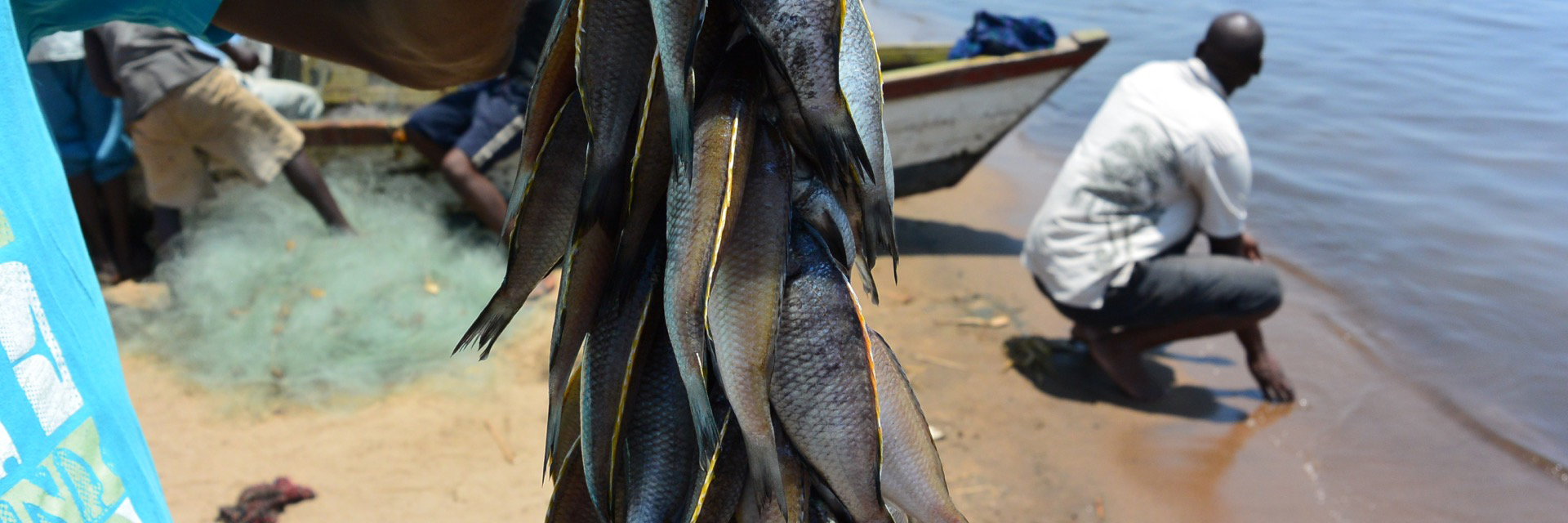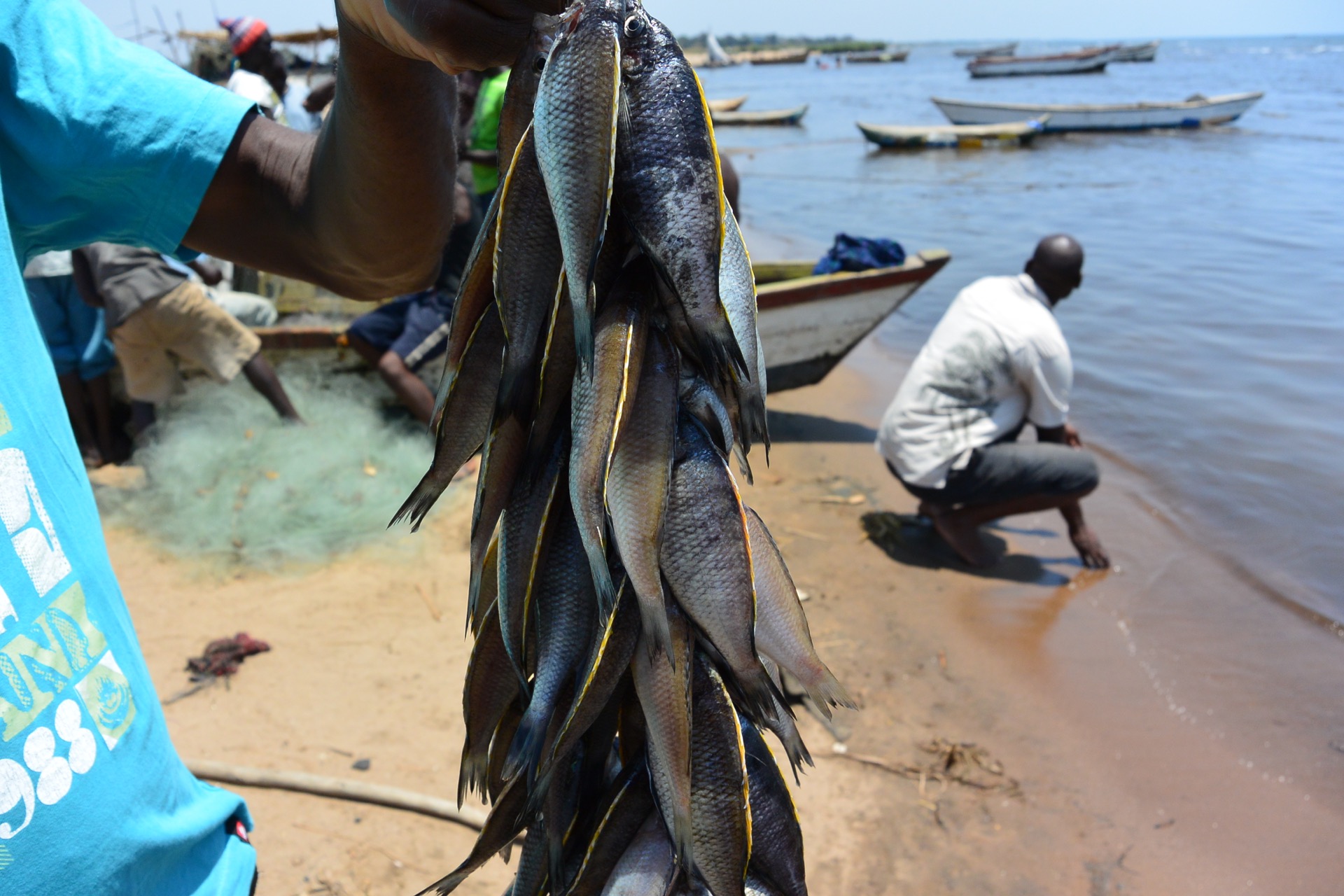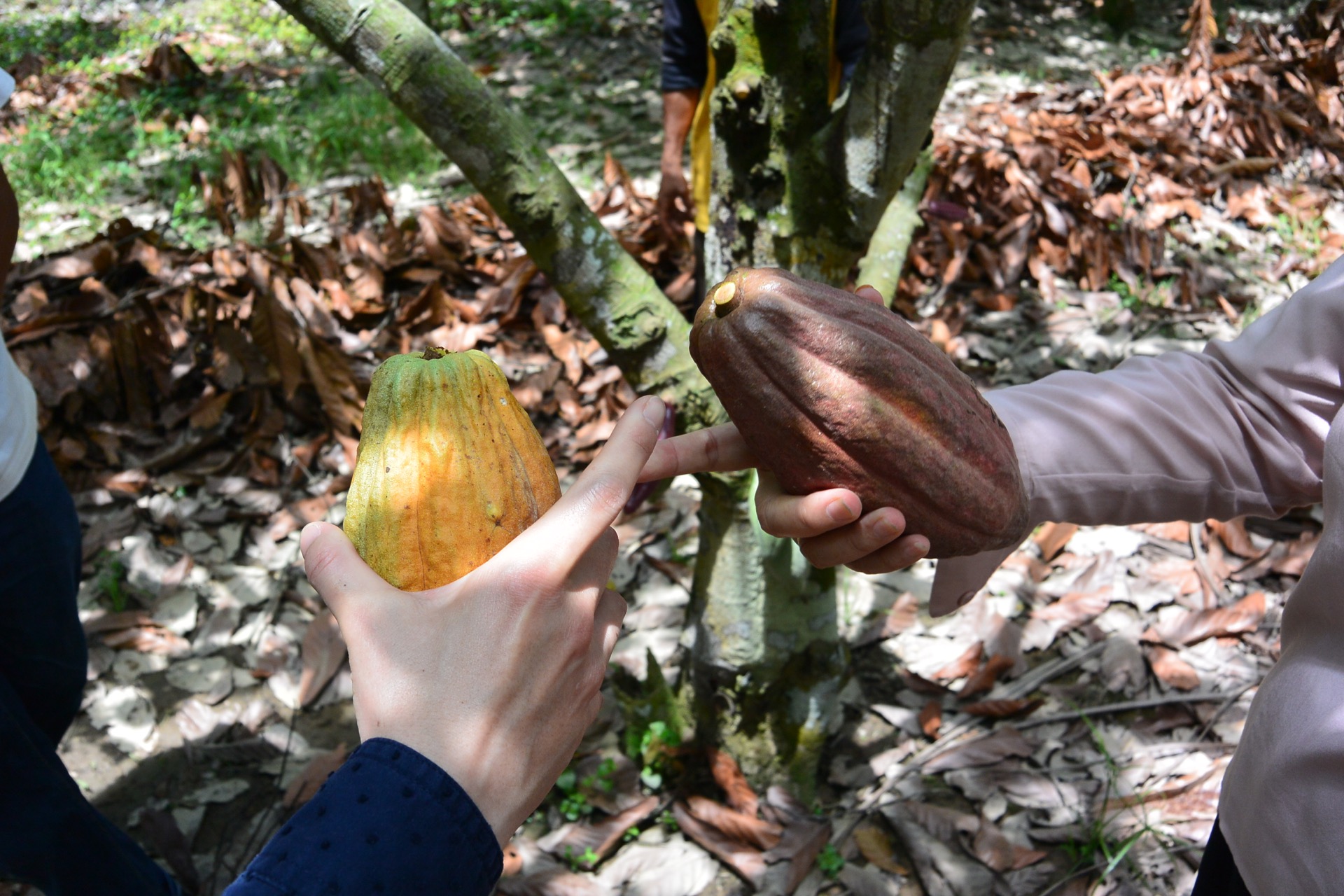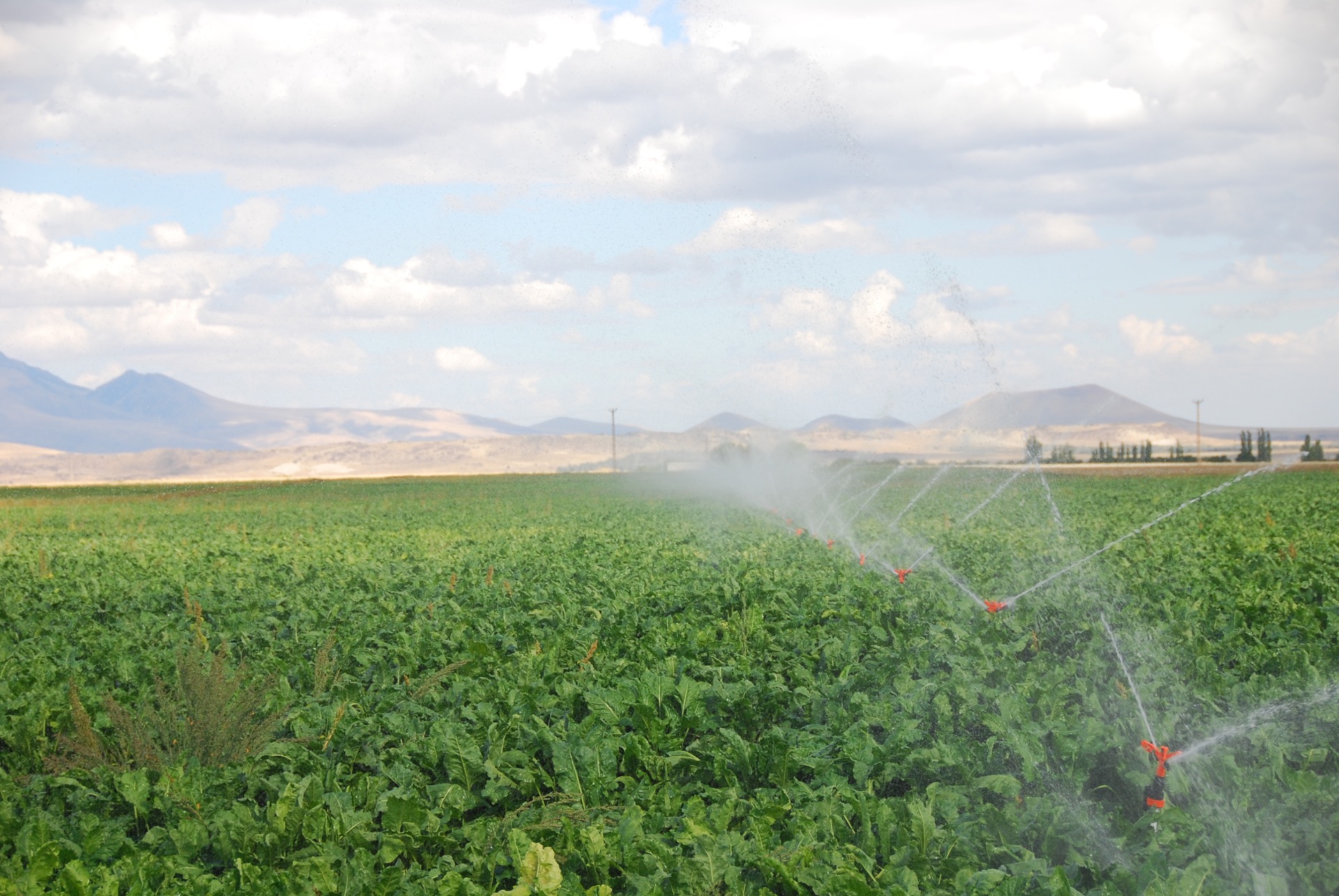
With the progressively accelerating economic globalization, the expansion in economic disparity and difficult life of the people living in poverty of the Asian, Africa and the least developed countries, developing countries and emerging countries of South Pacific do not show any sign of a solution. There is no guarantee that future economic growth will lead to an increase in the welfare of the people living in poverty and a narrowing of the disparity, and the further expansion is concerned. At present, 2 billion people of the world belong to the people living in poverty are living on less than $ 1.9 a day. Although the proportion of the people living in poverty is decreasing globally, especially in the least developed countries, the people living in poverty are expected to increase further in the future. One of the targets of sustainable development goals states that “end all forms of poverty everywhere”, and eradicating the extreme poverty of living on less than $ 1.25 a day (absolute poverty) is an urgent international issue. For this, it is necessary to create the innovative social mechanisms and technologies especially for implementation of poverty alleviation and reduction of social disparity especially in the least developed countries where the absolute poverty is expected to expand. Because the socially vulnerable people represented by the people living in poverty are strongly subject to restrictions on employment and economic activities, frequently, they live the life that depends strongly on natural resources with the main use of natural resources through agriculture, forestry and fishery industries. And the efforts to improve the welfare of socially vulnerable people through the sustainable use of natural resources have been implemented in various ways by administrative and private organizations. In general, they have a top-down structure in which aid organizations, administrative agencies and researchers identify the issues and try to design and implement institutions and mechanisms. As a result, hope for the challenges that they face in real life, the factors disturbing the problem solving, the ingenious creative motivation and mechanisms that emerge from the inside is extremely limited. In order to create a system through the sustainable and effective utilization of natural resources on which the people in poverty strongly depend, to support the well-being of socially vulnerable people who do not receive adequate services from administrative agencies and private organizations, a new transdisciplinary research (TD research) promoting the co-creation of knowledge and technology is required. Specifically, the issues of sustainable usage of the natural resources faced in their lives, the collaborative design (Co-design) of research related to the solutions to these issues, the knowledge to solve the issues, the cooperative production (Co-production) of the system and technology of the feasible society (tool), and the implementation and practice (Dissemination) of research results by collaboration with the stakeholders involved in these processes are not only scientifically but also socially significant . And there is a need for science that has relevance and which is also able to produce feasible and effective solutions on the field of life by the vulnerable people themselves.
Building a TD research method that can be applied to difficult situations and utilizing the results are linked with Seeds of Good Anthropocene at Future Earth, and Knowledge, Learning and Societal Change Alliance (KLASICA), advanced by the Institute for Advanced Sustainability Studies in Germany. Collaborating with the industrial sector, and cultivating the human resources who are responsible for collaborative production of knowledge in the local society can contribute to the international issue of poverty reduction and that is stated in the goals of Sustainable Development Goals (SDGs). In addition, the system that contributes to solving problems in difficult conditions of least developed countries will greatly contribute to realization of “regional revitalization”, the most important issue in Japan.
Research conducted by collaboration where society and various academic fields interact each other rather than either by only individual researchers or researchers from specific academic fields;



